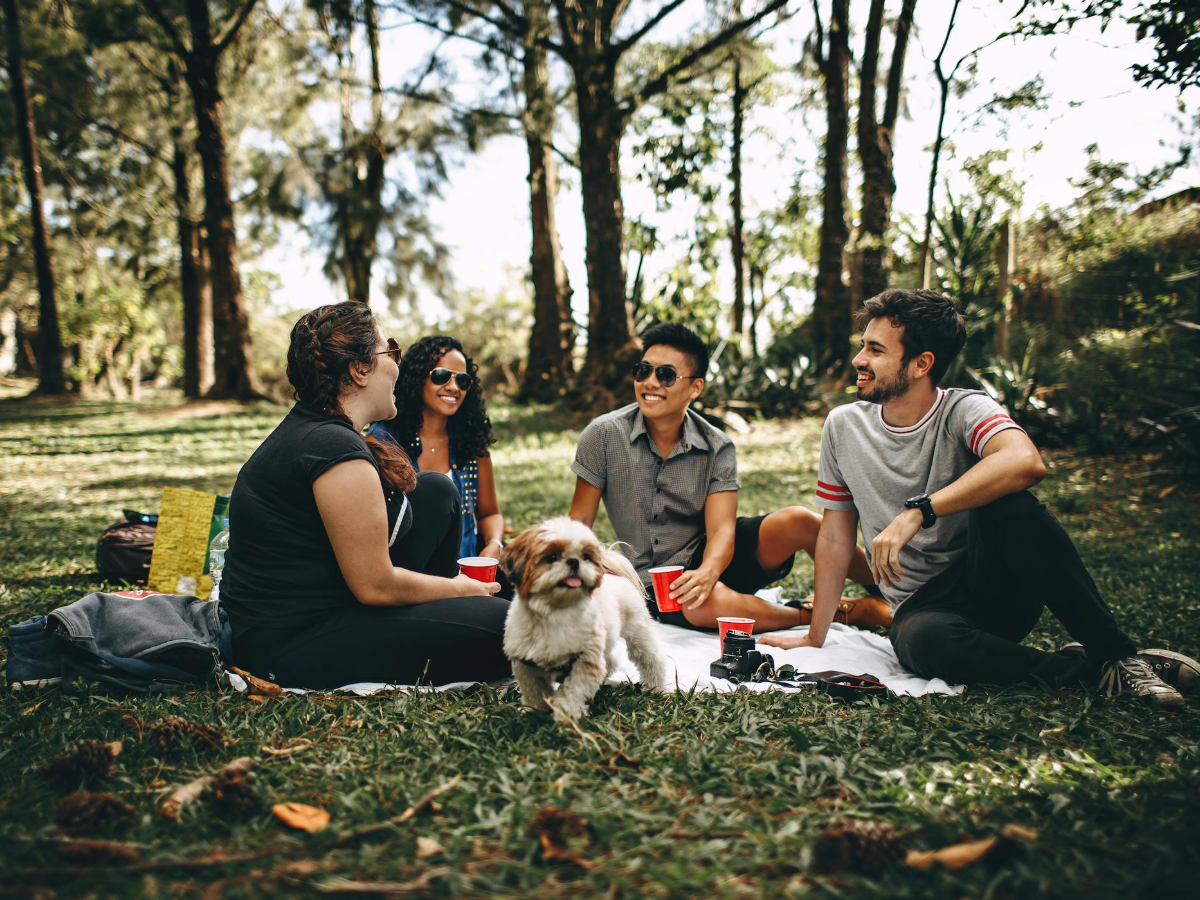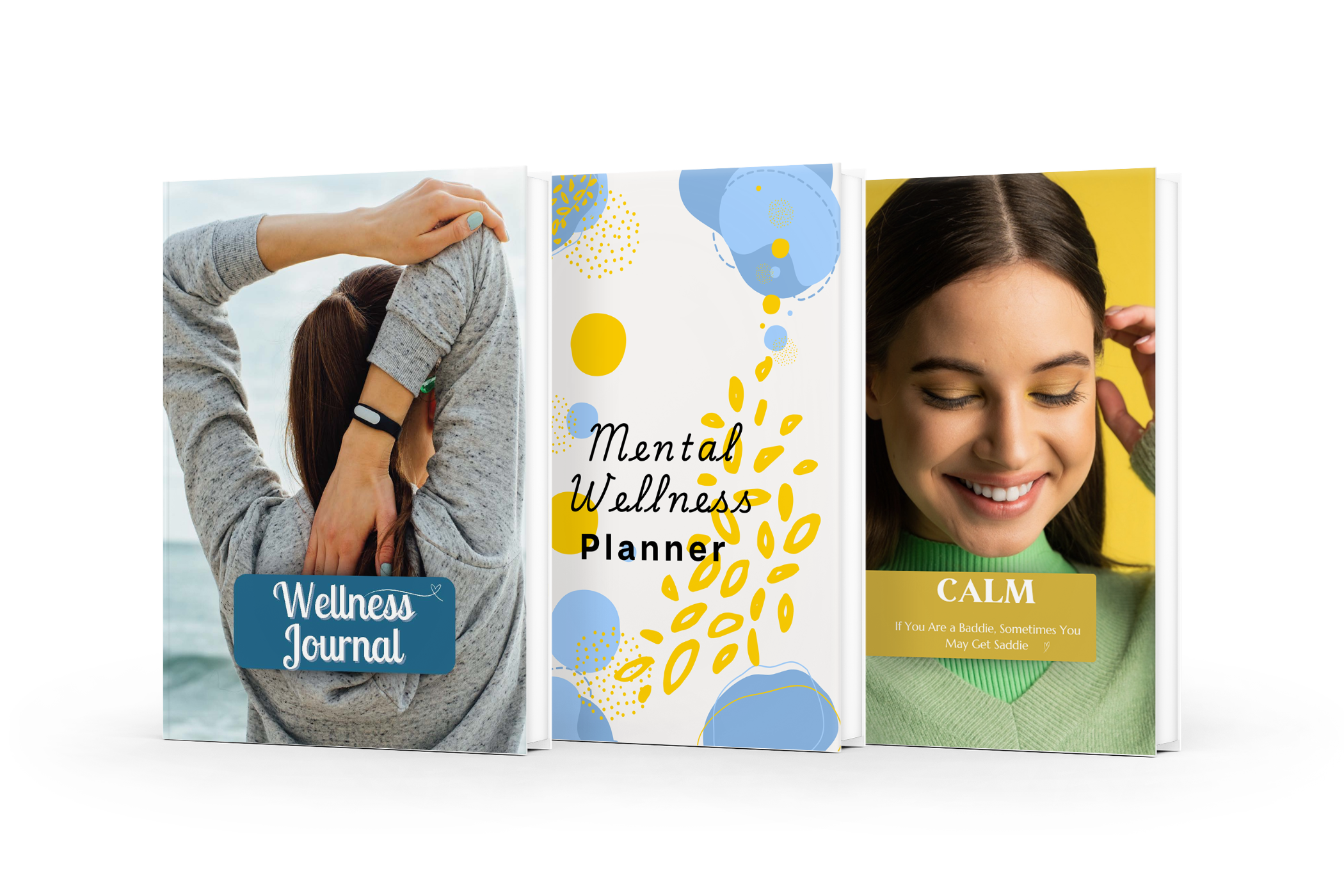
Understanding Self-Hatred: Causes, Effects, and How to Heal
Self-hatred is an excruciating and often silent struggle. It’s more than just low self-esteem—it’s an intense, persistent feeling of dislike

Friendship is more than shared laughter and good times; it involves navigating complex emotions and expectations. Each friendship has unique dynamics shaped by individual personalities and experiences. For instance, some friends may naturally take on the caretaker role, while others might be spontaneous adventurers. Recognizing these dynamics helps one appreciate the depth of connections and the varying roles friends play in each other’s lives.
Evaluating friendships is essential for personal growth and emotional well-being. It allows individuals to:
Ultimately, reassessing friendships can lead to a more fulfilling and genuine connection with those who matter.

A defining characteristic of genuine friends is their steadfast trust and loyalty. These are the friends you can share your thoughts with, confident that they won’t judge you and will support you unconditionally. In challenging situations, a real friend listens attentively and offers genuine advice rather than simply siding with you. This trust fosters a relationship that endures conflicts, strengthening the friendship as time goes on.
Mutual respect is another critical characteristic that defines genuine friendships. It involves valuing each other’s opinions, beliefs, and boundaries. Support becomes a crucial part of the relationship, whether celebrating achievements together or lending a shoulder to cry on during tough times. Real friends often:
These qualities create a solid foundation for lasting, meaningful connections.
Identifying fake friends can be challenging, but certain red flags can make it easier. One significant sign is a lack of reliability and consistency. If a friend frequently cancels plans at the last minute or fails to follow through on promises, it reflects their insincerity. For instance, it might be time to reassess the friendship if you’ve shared important news and they seem indifferent or forgetful.
Consistency builds trust, and an absence often points to deeper issues. If called on, it Minimizes your emotions: They could dismiss your feelings as an overreaction, causing you to question the validity of your emotions.
Another telling characteristic of fake friends is selfishness and jealousy. These types of friends tend to prioritize their own needs and desires, often at the expense of others. They may react negatively to your achievements, showing jealousy instead of support. Consider someone who rarely asks about your life but eagerly seeks your attention when they have something to share. This imbalance can lead to resentment, clarifying the importance of mutuality in friendships.
– Gaslighting: Your friend may deny events, making you doubt your memory.
– Distorting your words: They might twist your words to make you feel guilty or doubt your judgment.
– Isolation: They may imply that your other friends don’t care about you, making you feel lonely and increasing your dependence on them.
To cultivate real friendships, effective communication and openness are essential. Sharing thoughts and feelings fosters a deeper understanding and connection between friends. For instance, a simple conversation about daily experiences can open doors to shared values and interests. Openness encourages vulnerability, allowing friends to express concerns and joy. This creates a safe space that nurtures trust and intimacy, which are fundamental for lasting relationships.
Building and nurturing friendships also requires a consistent investment of time and effort. Making an effort to connect through regular meet-ups or checking in via texts demonstrates care and dedication. Consider scheduling:
By prioritizing these moments, friends can create memories and strengthen their bond, ensuring the relationship flourishes over time.

Recognizing toxic friendships is the first step towards healing and nurturing healthier connections. Toxic traits may include constant negativity, manipulative behavior, or an inability to celebrate successes. These friends often drain your energy rather than uplift you. For example, if you feel exhausted after every interaction or doubt their intention, it’s time to look closers. Identifying these signs can help you make more informed decisions about your social circle.
Once you’ve identified toxic traits, setting boundaries is crucial for self-protection. Be clear about what behaviors you will not tolerate. If the toxicity persists, walking away may be necessary.
Consider:
Letting go can be challenging, but prioritizing your well-being is essential for fostering a more supportive and uplifting social environment.
To foster better friendships, it’s vital to self-reflect and assess your contributions to the relationship. Ask yourself questions like: Am I supportive? Do I listen well? Understanding how you show up can reveal areas for improvement. For instance, if you often dominate conversations, it might be worthwhile to encourage your friends to share more. Recognizing your role is crucial for nurturing balanced, reciprocal relationships.
Beyond assessing contributions, committing to personal growth enhances friendship quality. Embracing new experiences and learning can resonate positively with those around you. Consider:
As you evolve, you’ll likely attract friendships that mirror your growth, leading to more fulfilling and supportive connections and ultimately creating a positive ripple effect in your social circles.
Healthy friendships are fundamental to our overall well-being and happiness. They provide emotional support, reduce stress, and enhance our sense of belonging. Genuine friends celebrate our successes and console us during tough times, creating a safe space to share life’s ups and downs. Remember, it’s the quality of friendships that matters most, not the quantity.
As you evaluate your friendships, embrace the opportunity for growth and healing. Cultivating real connections enriches your life and contributes to a fulfilling social circle. Focusing on trust, mutual respect, and personal development can foster deeper, more meaningful relationships. So take a moment to reflect on your friendships and nurture those that bring joy and positivity into your life. Your relationships deserve the effort!

And if you go out for cocktails? Know who will have your back and who will make sure you are home safe and sound!
–
The articles on Fitnesshacksforlife.org website is provided for reference purposes only, A public resource you can use for free. You should not take them as the sole source of medical direction. Fitnesshacksforlife.org does not accept payments or incentives from any of the individuals or organizations named in the articles, and the articles are not an endorsement of those parties or their products or practices. Do not ever disregard professional psychological or medical advice nor delay in any manner seeking professional advice or treatment because of something you have read on our site or social media. Fitness Hacks For Life is a registered 501(c)(3) non-profit organization, eligible to receive donations under the laws of the United States of America.

Self-hatred is an excruciating and often silent struggle. It’s more than just low self-esteem—it’s an intense, persistent feeling of dislike

Have you ever suffered through tales of greatness from a self-absorbed “friend” who reminds you of Michael Scott from “The

Mental health services around the world are stretched thinner than ever. Long wait times, barriers to accessing care and rising rates of depression and anxiety have made it harder for
If you feel suicidal, call or text the helpline: 988
Copyright © 2025 Fitnesshacksforlife.org | All rights Reserved | 501(c)(3)
400 NW Gilman Blvd.#787 Issaquah, WA 98027

Agreed Declined